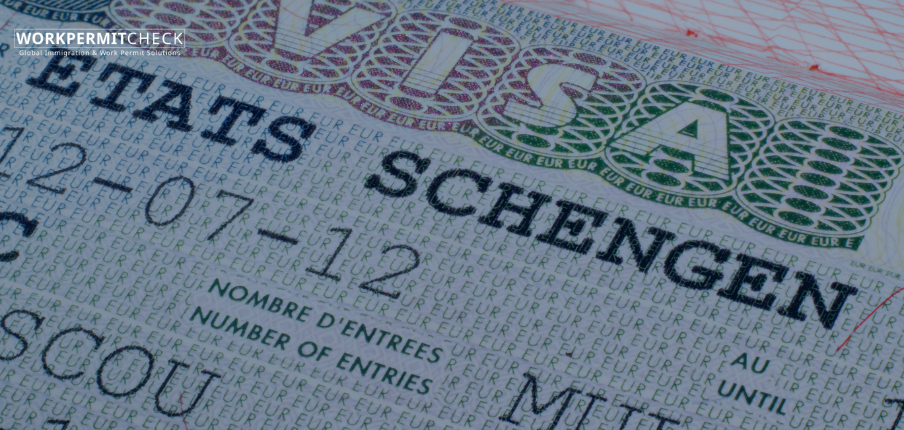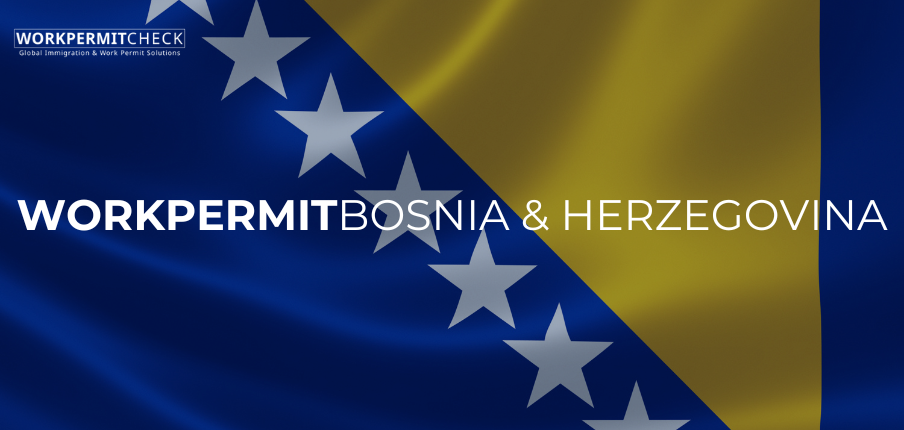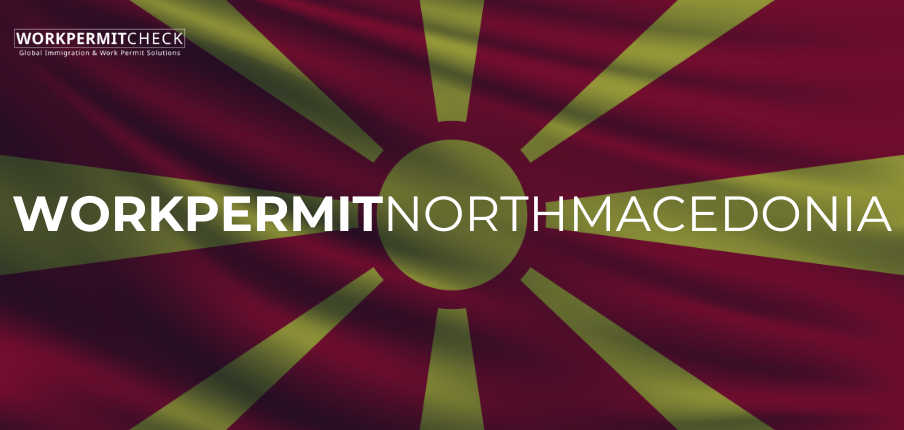Yes, interns and trainees are eligible for a work permit in Switzerland, but the process and eligibility criteria vary depending on the applicant's nationality, the purpose of the internship, and the nature of the agreement between the applicant and the host institution or company. Switzerland allows internships as part of educational programs, professional development, and youth exchange schemes.
1. Eligibility for EU/EFTA Nationals
Citizens of EU/EFTA countries benefit from simplified rules under the Agreement on the Free Movement of Persons.
Key points:
-
No labor market test is required.
-
You must have a valid internship offer.
-
The internship must comply with Swiss employment standards, including fair pay and working conditions.
-
You must register with the local commune and apply for a residence permit (usually an L permit for short-term stays).
2. Eligibility for Non-EU/EFTA Nationals
Interns and trainees from third countries (non-EU/EFTA) face stricter requirements. They can apply for a Swiss work permit under specific trainee exchange programs or internship agreements.
A. Youth Exchange and Trainee Agreements
Switzerland has bilateral trainee agreements with several countries, including:
-
Argentina
-
Australia
-
Canada
-
Chile
-
India
-
Japan
-
Monaco
-
New Zealand
-
Philippines
-
Russia
-
South Africa
-
Tunisia
-
Ukraine
-
United States
Eligibility criteria:
-
Age: Generally between 18 and 35 years.
-
Purpose: The internship must be for professional and cultural exchange and should relate to your field of study or occupation.
-
Duration: Up to 18 months depending on the agreement.
-
Application must be made through the relevant cantonal authority or a designated Swiss organization handling such programs (e.g., the State Secretariat for Migration - SEM).
B. Educational Internships (Outside of Bilateral Agreements)
Non-EU students or recent graduates can obtain a permit if:
-
The internship is part of a recognized study program.
-
A formal internship agreement is in place between the Swiss host company and the educational institution.
-
The employer agrees to pay an appropriate trainee salary.
3. Conditions of the Internship Work Permit
-
Duration is usually limited (6 to 18 months).
-
Salary must comply with cantonal minimum wage regulations.
-
Health insurance coverage must be provided.
-
The permit is non-renewable and usually cannot be converted into a long-term work permit.
4. Application Process
For non-EU/EFTA nationals:
-
Secure an internship offer from a Swiss company.
-
Check if your country has a bilateral trainee agreement.
-
Employer submits the application to the cantonal migration authority.
-
Upon approval, apply for a visa if required.
For EU/EFTA nationals:
-
Accept the internship offer.
-
Arrive in Switzerland and register with local authorities.
-
Obtain a residence/work permit.
Conclusion
Interns and trainees can apply for a work permit in Switzerland, but the path depends on nationality, age, and the internship's structure. While EU/EFTA nationals enjoy more streamlined procedures, non-EU citizens often rely on youth mobility agreements or educational sponsorships.
Disclaimer:
This article is for informational purposes only and does not constitute legal advice. Regulations may change over time. For the most accurate and personalized guidance, consult the official Swiss authorities or a legal expert in immigration law.




















































































